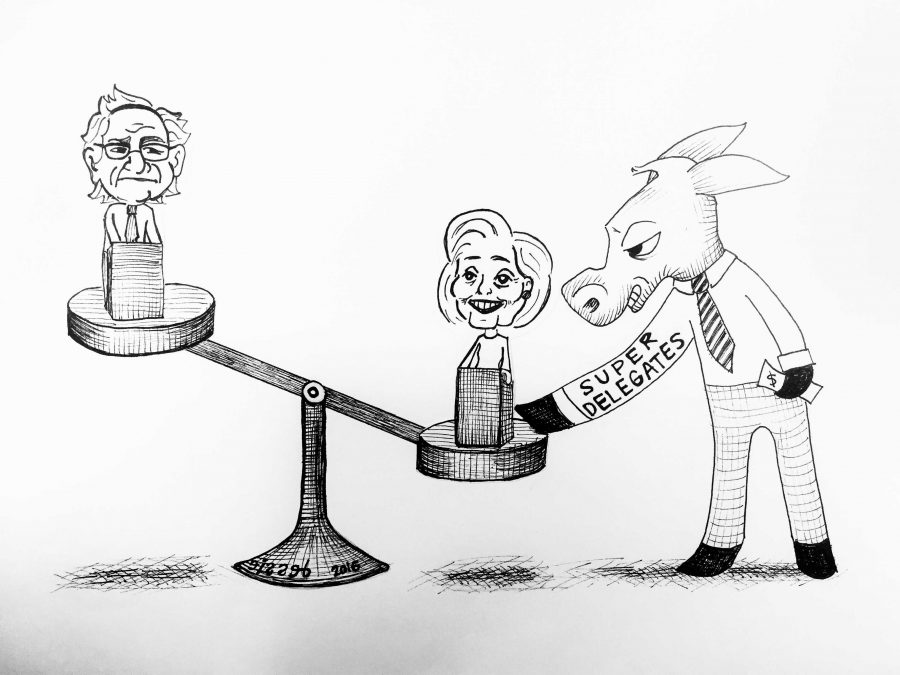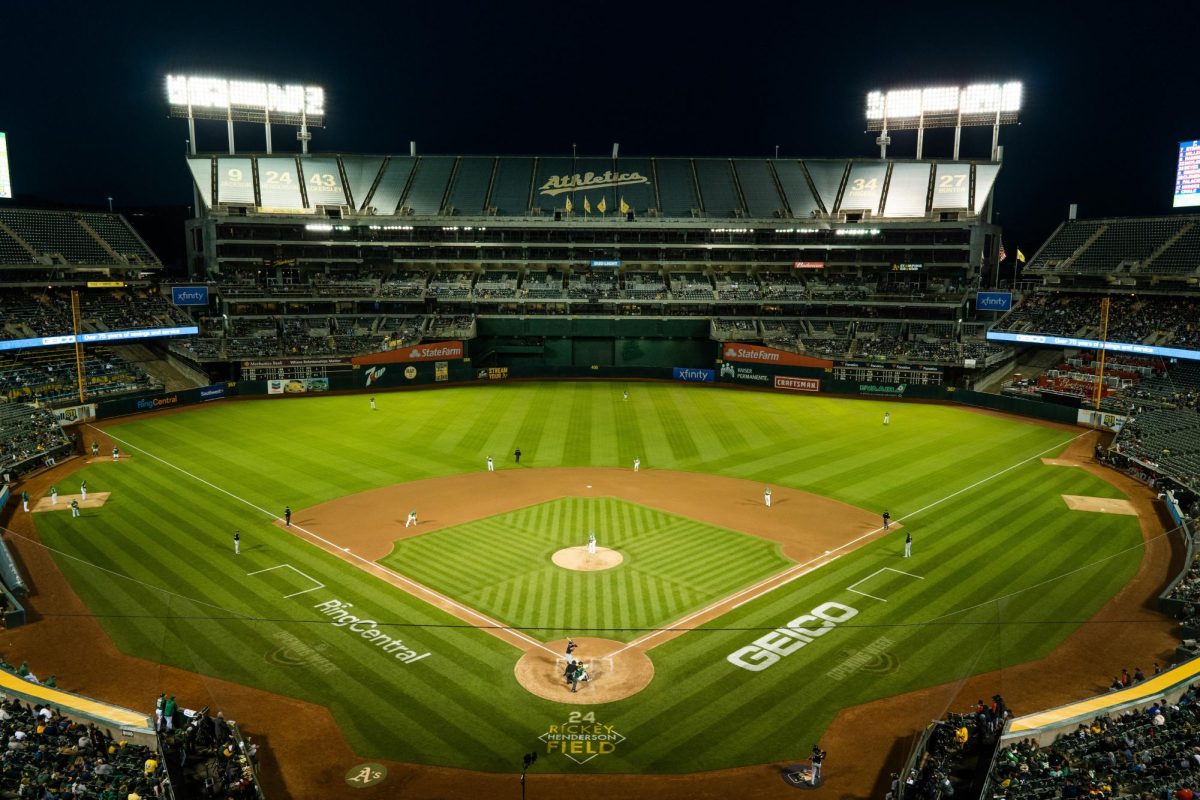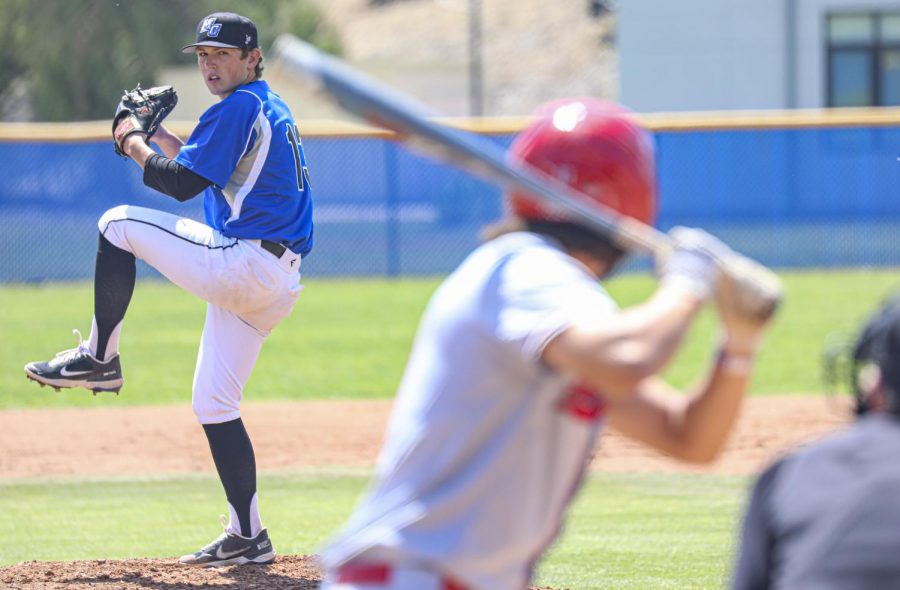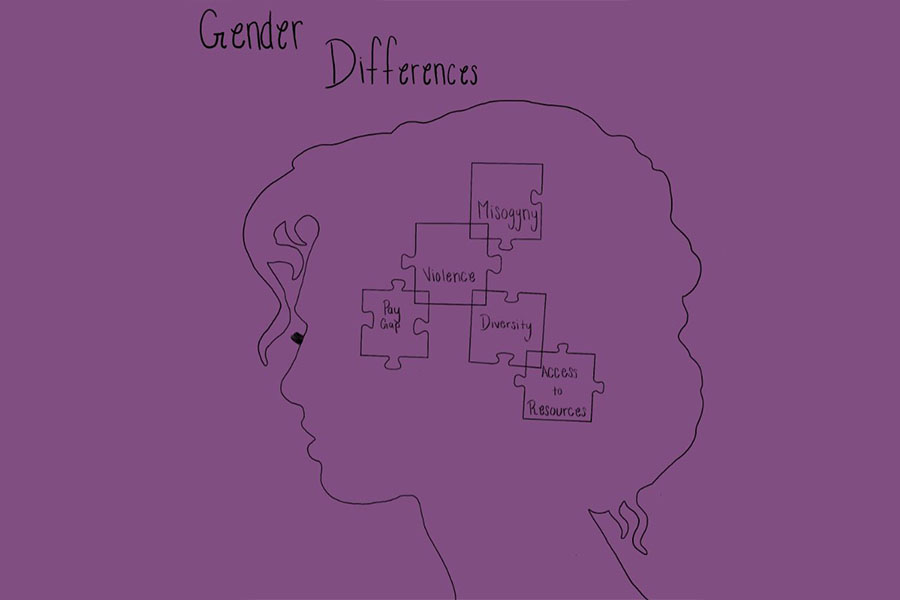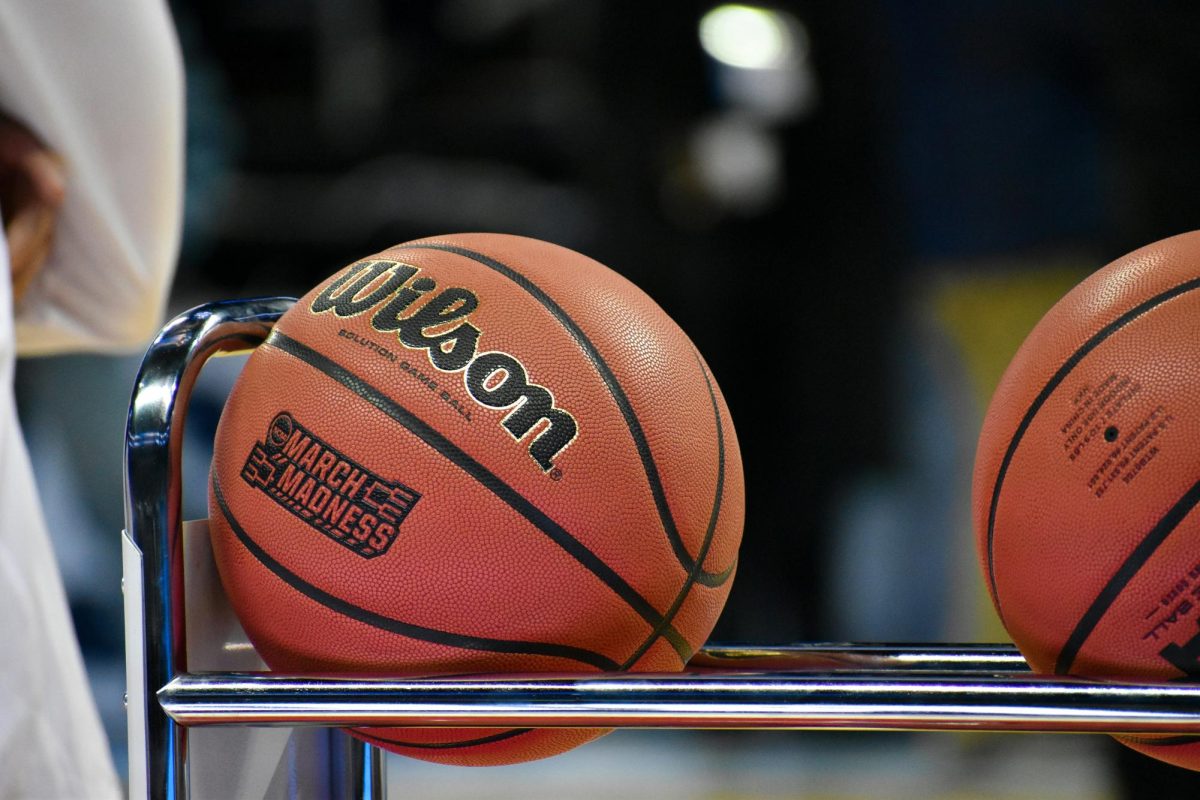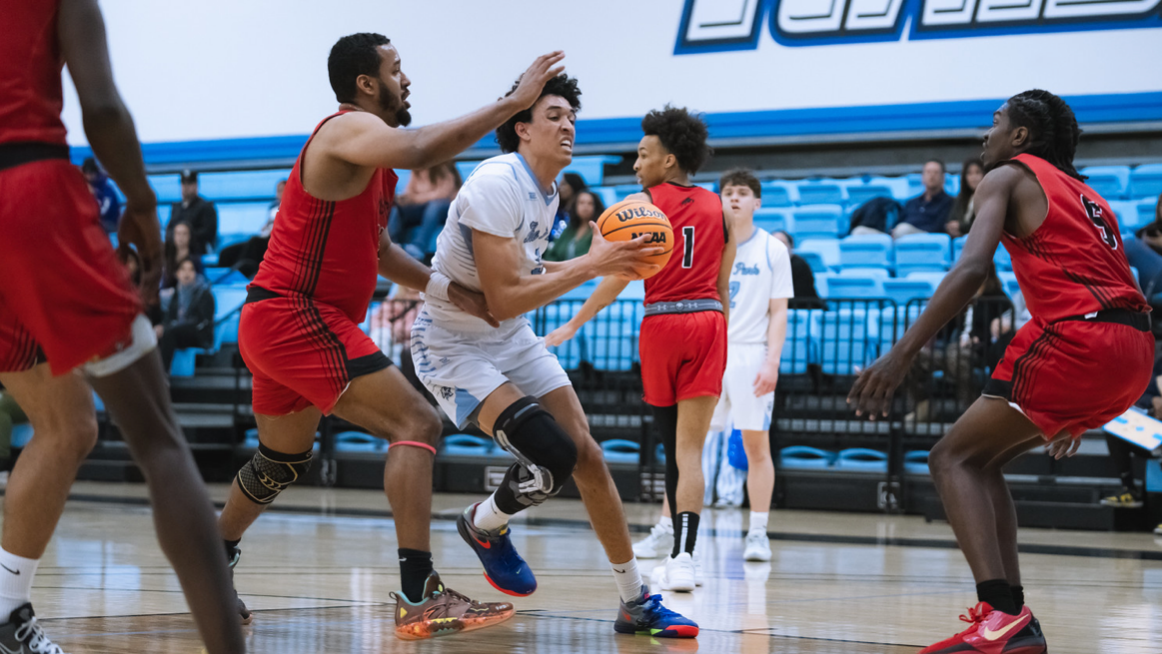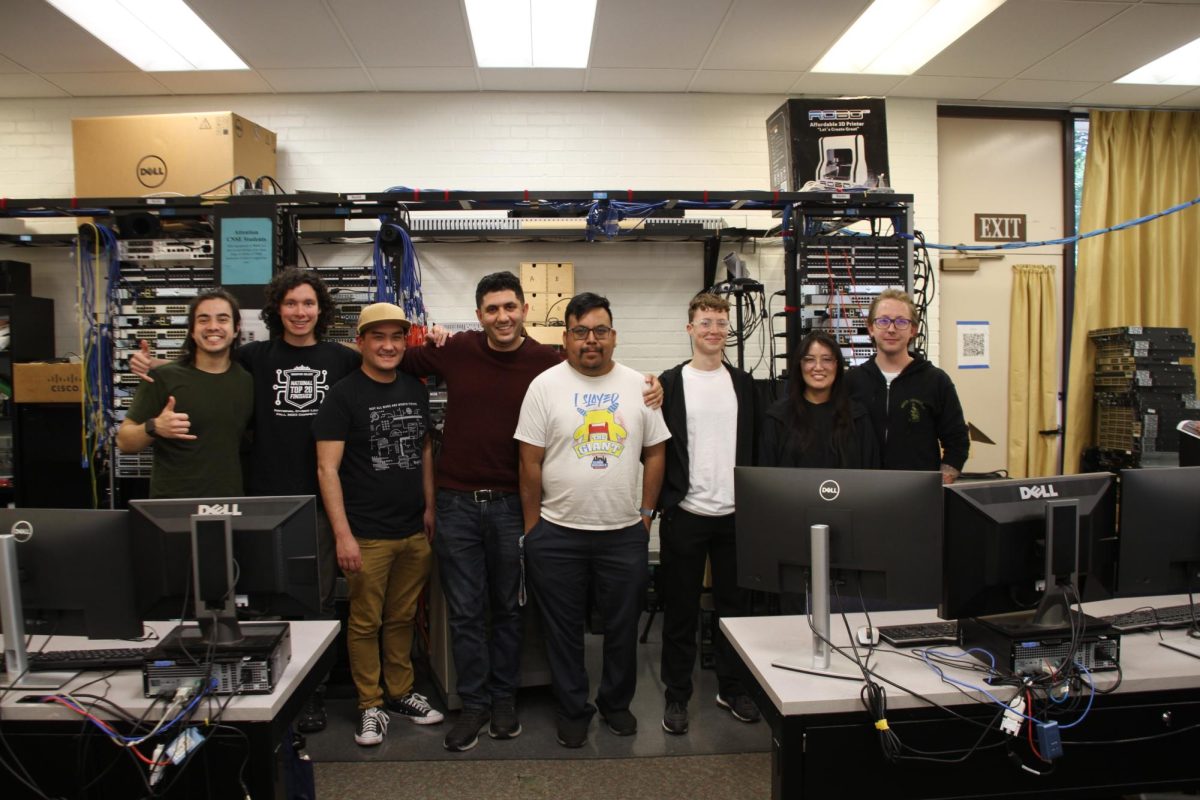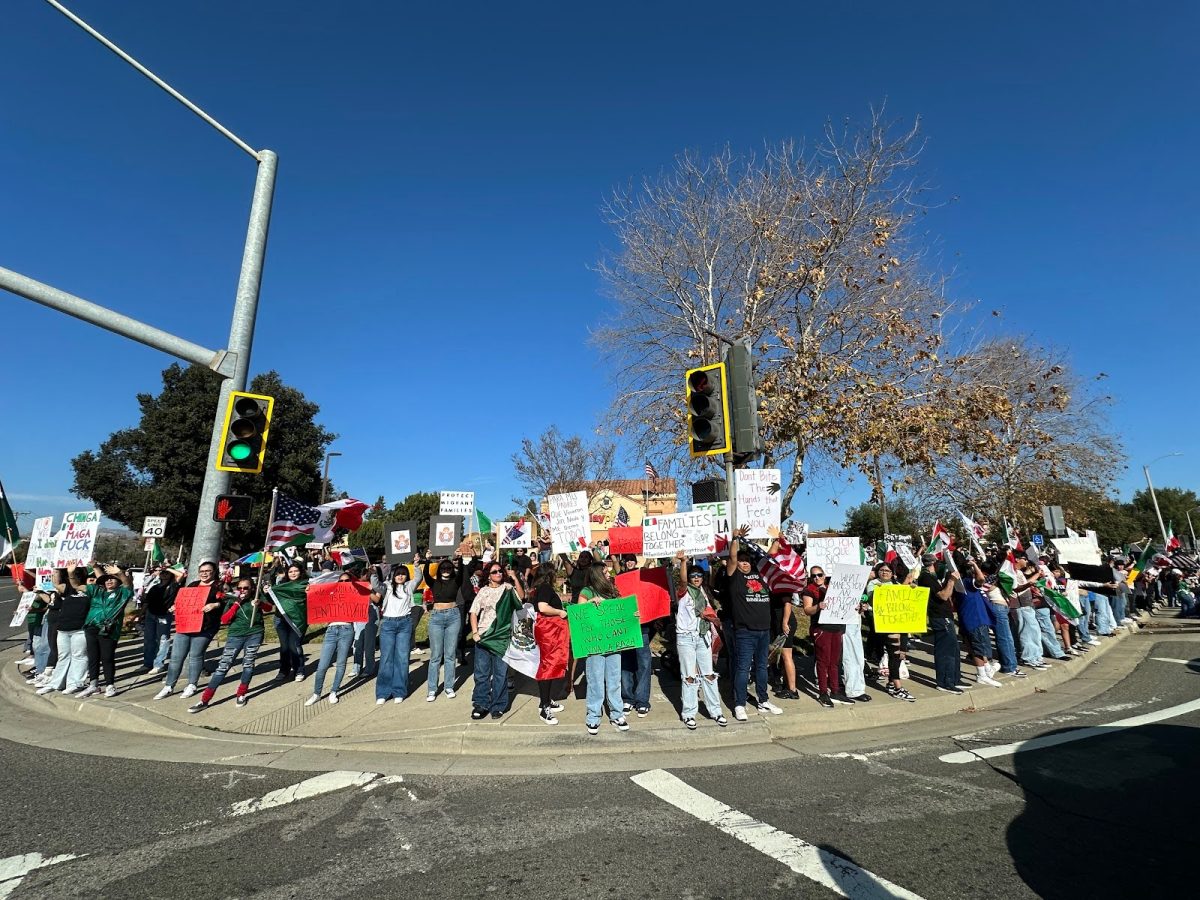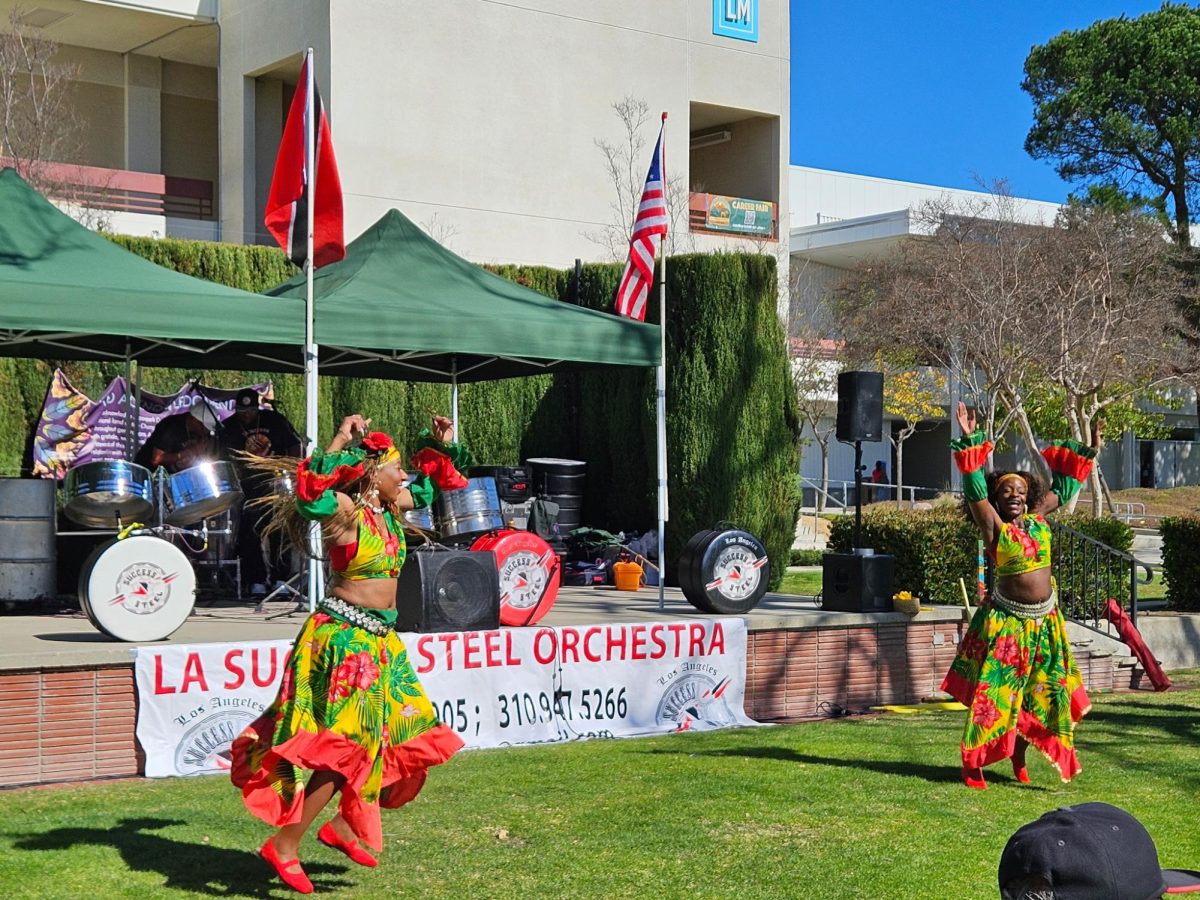Even though the democratic primary race between Bernie Sanders and Hilary Clinton has been very close, it’s easy for people not to realize it. That’s due to the very undemocratic superdelegate system.
This system creates an imbalanced scale, where one candidate can get more votes than they earn in the primary election. While most regular delegates are obliged to vote at the nominating convention in-line with their constituents, superdelegates can vote however they like and so far they all seem to like Clinton, which is upsetting grassroots groups like moveon.org for what they see as an unfair system.
“The party’s base simply will not tolerate any anti-democratic efforts by superdelegates to thwart the will of the people,” said Ilya Sheyman, executive director of moveon.org, in a public statement. “The race for the Democratic Party nomination should be decided by who gets the most votes and not who has the most support from party insiders.”
The superdelegates are giving Clinton a commanding lead over Sanders. After the Nevada caucus Sanders and Clinton were tied in the delegate count 51 to 51. So the general voters were pretty evenly divide between the two candidates. However, taking superdelegates into account, Clinton led Sanders 504 to 71, according to RealClearPolitics.com.
Superdelegates are high ranking members of the Democratic Party, often elected officials or veteran party members, who are not obliged to vote at the nominating convention for any particular candidate, regardless of the results of their state or local primary elections. They can cast their ballots to nominate the candidate of their choice, according to the Democratic National Committee.
That kind of power to sway the election undermines the basic “one person, one vote” foundation of our democratic system. It gives a very small number of people, the 712 superdelegates, the ability to change the outcome of the election. So even if a majority of voters support Sanders, Clinton could still win the nomination by a large margin. The primary process should not simply be a coronation of the party elites preferred candidate, but the superdelegate system seems designed to make it just that.
In an interview with CNN on Feb. 11, Democratic National Committee Chair Debbie Wasserman Schultz explained the perceived value of superdelegates.
“[Super] delegates exist really to make sure that party leaders and elected officials don’t have to be in a position where they are running against grassroots activists,” said Shultz.
Since Sanders support comes largely from small donors and grassroots activists, Shultz vision of the role of superdelegates doesn’t bode well for Sanders, but she’s right about their original purpose.
According to Josh Putnam, author of the popular Frontloading HQ blog and lecturer at the University of Georgia, superdelegates were created to give the DNC more influence over the outcome of the primary election.
“The reason superdelegates came into being in the interim period between the 1980 and 1984 elections was to allow the party establishment an increased voice in the nomination process,” Putnam wrote on his blog.
Before the creation of the superdelegate system, party elites and elected officials could influence the primary election in the same way as the rest of us, by voting. But the DNC grew concerned that the general public might nominate candidates doomed to fail after Jimmy Carter won the nomination in 1980 then lost the general election to Ronald Reagan. So the superdelegate system was created to prevent candidates deemed too politically extreme by the party establishment from making it through the nominating process, according to Putnam.
In this year’s election cycle superdelegates will make up roughly 15 percent of the total delegates. Most of them are supporting Clinton. Sanders will have to lead Clinton by more than 12 percent in order to overcome that deficit and win the nomination. To put that in perspective, when President Barack Obama beat Clinton in 2008, he led by less than 4 percent of the regular delegates, according to RealClearPolitics.
With so many super delegates supporting Clinton, the Democratic primary could be decided in a very undemocratic way. Sanders could beat Clinton in the popular vote, be leading in terms of regular delegates and still lose by a lot.
Currently there are two petitions being circulated by moveon.org encouraging super delegates to support whichever candidate wins the primary or caucus in their state. These petitions currently have close to 400,000 signatures.
Ultimately, the superdelegates could still end up supporting the same candidate as their constituents, which would be the superdelegate system at its best, upholding the will of the voters. While the superdelegates at their worst, voting differently than the people they represent, threatens to undermine the democratic process of primary elections. So at its best, the superdelegate system is unnecessary, where they just echo the votes of the regular delegates. At its worst it is undemocratic.

